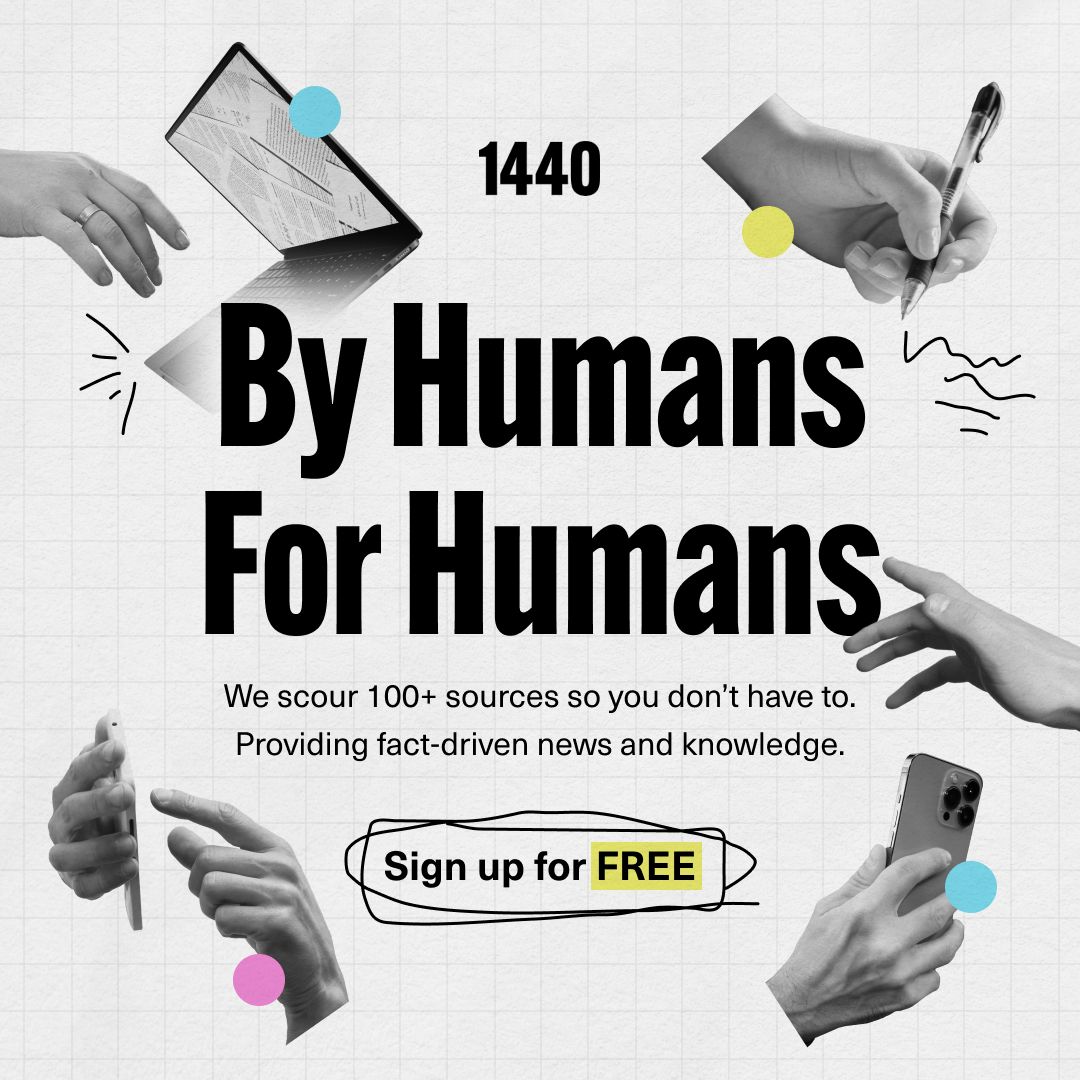- Longevity Daily - Live Better For Longer
- Posts
- The Hormone Effect: How to Optimize Mood, Energy & Longevity
The Hormone Effect: How to Optimize Mood, Energy & Longevity
Hormones control everything from energy and metabolism to mood and aging. Discover the key hormones that impact your healthspan, and how to test and optimize them naturally.
Think of hormones like the control room in the kids movie Inside Out, except instead of Joy and Sadness at the controls, you've got Cortisol, Testosterone, Estrogen, and Thyroid. They're constantly pushing buttons and pulling levers that control your energy, metabolism, sex drive, muscle tone, and mental sharpness. When they're working together? You feel amazing. When they're fighting over the controls? Chaos.
The frustrating part? This hormone chaos doesn't announce itself with dramatic symptoms. It whispers at first, a little less energy here, some extra weight there, sleep that doesn't quite refresh you anymore. Until one day you realize your spark has dimmed to barely a flicker.
And here's the real kicker: your annual physical is probably missing the full picture entirely.
This week, we're pulling back the curtain on the hormone game that's actually running your life — what matters most for men and women, how to optimize naturally, and the specific tests that finally give you real answers.
Ready to feel like yourself again?
Quick Take:
🟢 Cost: Mostly free
🟢 Actionable: Yes, labs + lifestyle
🟢 Impact: Massive if optimized
Here’s what we’ve got for you today:
Hormones regulate everything from energy and libido to mood and muscle.
Testosterone, estrogen, DHEA, cortisol, and thyroid all influence healthspan.
Symptoms of imbalance are common, and often ignored.
You can test, rebalance, and feel like you again naturally.
Fact-based news without bias awaits. Make 1440 your choice today.
Overwhelmed by biased news? Cut through the clutter and get straight facts with your daily 1440 digest. From politics to sports, join millions who start their day informed.

For Men:
Testosterone isn’t just about libido and gym gains, it’s a healthspan hormone and has one of the biggest impacts on a male’s vitality. As levels naturally drop (starting around age 30), you might notice energy dips, brain fog, fat gain, and lower drive. But it’s not just testosterone, DHEA and cortisol balance are equally important for long-term vitality, inflammation control, and mental sharpness.
Low testosterone has been linked to earlier death, metabolic syndrome, and reduced quality of life. Yet most men don’t test until symptoms get bad.
The good news? Testosterone can be largely improved through lifestyle habits. Resistance training, healthy fats, morning sunlight, sleep, and stress management all naturally boost T.
For Women:
Estrogen gets a bad rap, but it’s essential for more than reproduction. Optimal estrogen supports brain health, skin elasticity, joint lubrication, insulin sensitivity, and even protects your heart. During perimenopause and menopause, estrogen and progesterone levels crash, often bringing hot flashes, brain fog, mood swings, and poor sleep.
Thyroid and adrenal health also play key roles. Many women are misdiagnosed with depression when the real issue is hormone imbalance.
Small changes, like diet, strength training, walking after meals, and magnesium, can rebalance things. But don’t guess. Testing is key.

This PMC cardiovascular research review found that men with lower testosterone levels face significantly higher risks of developing coronary artery disease, with disease severity showing a direct inverse relationship to testosterone levels, while men with heart failure and low testosterone face increased mortality risk.
For women, a meta-analysis in Menopause linked estrogen therapy with reduced risk of Alzheimer’s, particularly when initiated early in perimenopause.
Multiple studies show that Cortisol, often elevated with chronic stress, accelerates aging by degrading collagen, impairing memory, and increasing visceral fat.
And thyroid hormones? Even mild hypothyroidism is associated with fatigue, weight gain, and cognitive impairment, affecting nearly 20% of women over 40, often undiagnosed (Frontiers in Endocrinology, 2020).

Step 1: Do a hormone check-in and ask yourself:
Am I more tired, foggy, or moody lately?
Am I gaining fat despite similar habits?
Is my libido lower than usual?
Is my sleep or cycle more disrupted?
Step 2: Test your hormone snapshot.
For men: Testosterone, DHEA, Cortisol (AM), SHBG
For women: Estradiol, Progesterone, DHEA, Cortisol, TSH, fT3, fT4
(Track on Day 21 of cycle if premenopausal.)
→ Order Hormone Tests for Men here.
→ Order Hormone Tests for Women here.
Step 3: Start rebalancing with lifestyle:
Strength train 3x/week (raises T + estrogen)
Morning sunlight (boosts cortisol rhythm + testosterone)
Eat 80%+ calories from whole foods with enough protein and healthy fats
Try magnesium glycinate before bed (stress, sleep, hormones)
Sleep 7–9 hrs consistently

If you’ve been feeling a little off, lower energy, stubborn weight gain, brain fog, or mood swings it might not be “just getting older.” It could be your hormones.
The problem? Most standard checkups don’t test for hormones.That’s why building a personal baseline is essential, especially as you move through your 30s, 40s, and beyond.
To your vitality,
Longevity Daily
P.S. Haven’t tested your hormones in the past 12 months? Start now. You can ask your doctor, or order a lab test directly from UltaLab (US residents), iMedical (AU residents) and track your with real data.
How did you like today's newsletter? |
